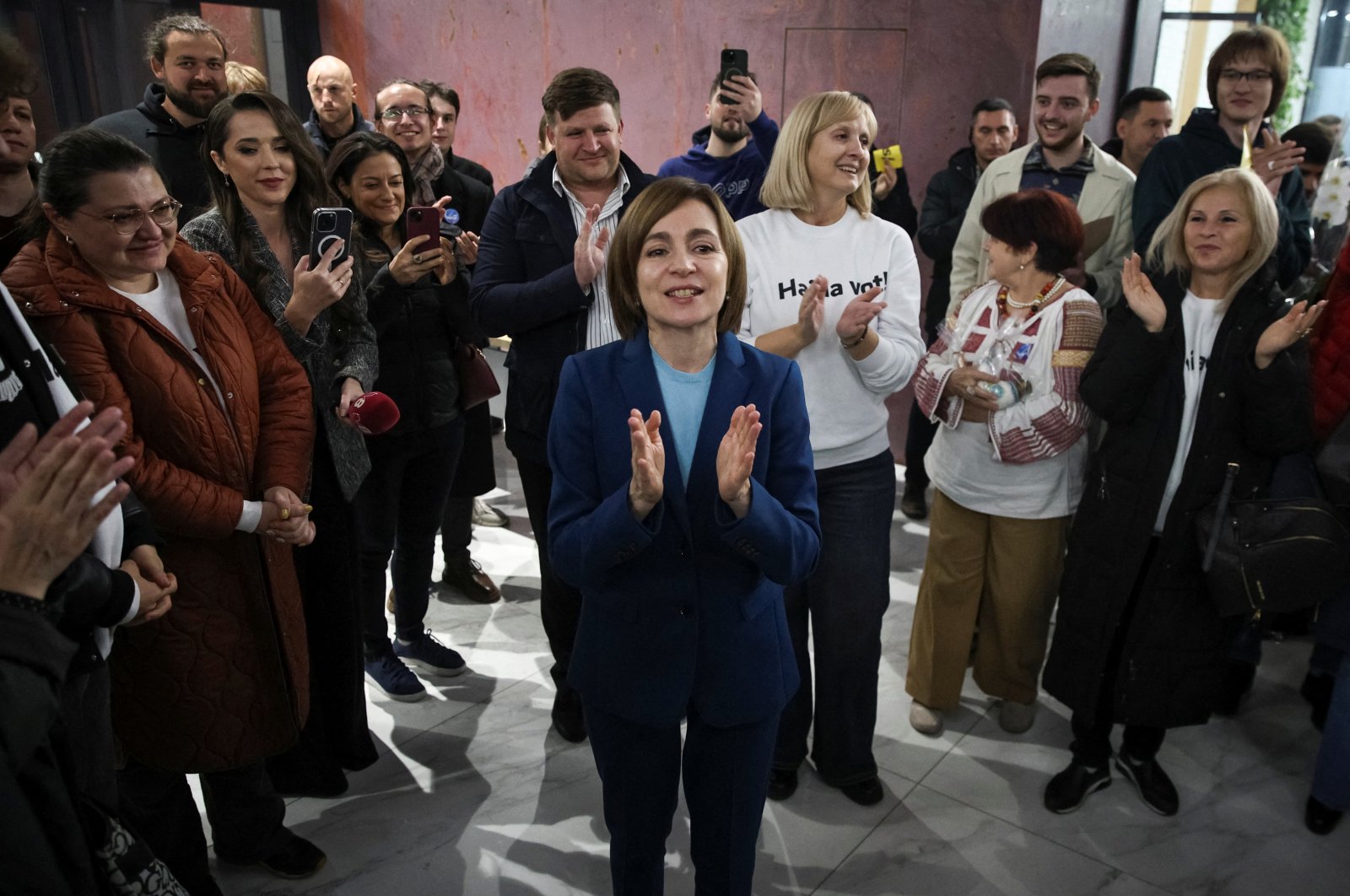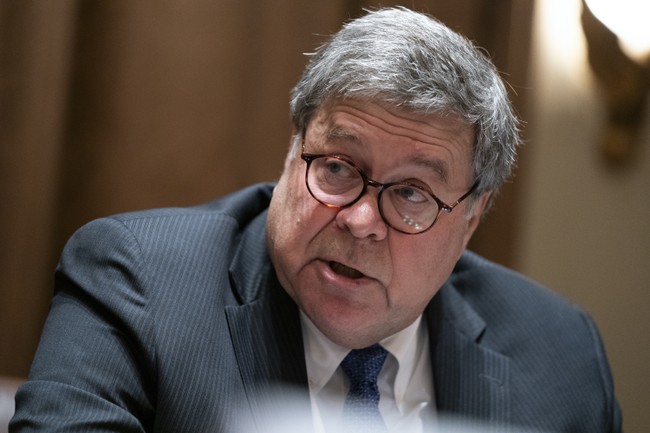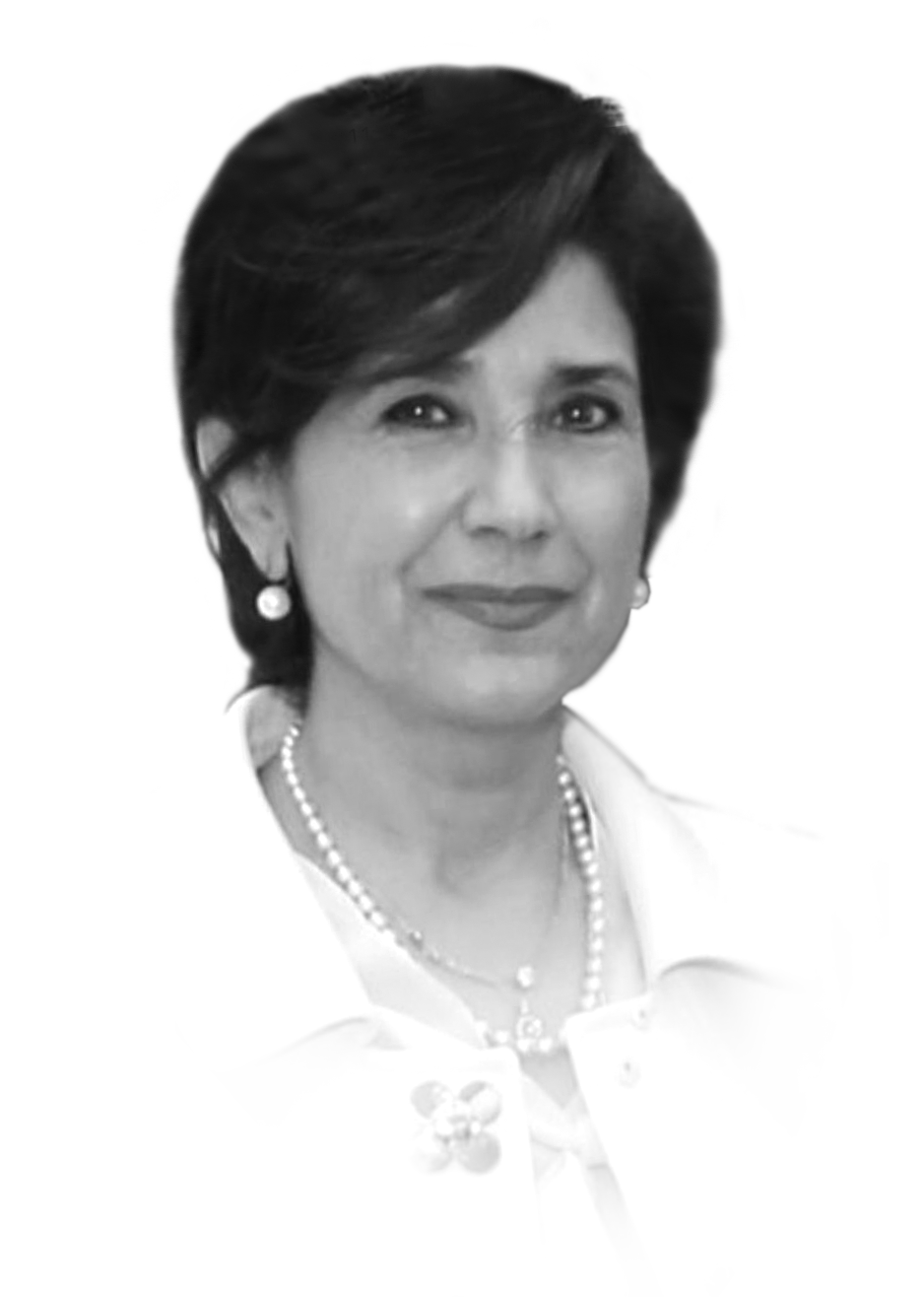Contentious Aftermath of Moldova's Presidential Election
The recent presidential elections in Moldova have sparked debates over legitimacy and influence, with both local and international actors weighing in on the results.
Published November 06, 2024 - 00:11am

Image recovered from dailysabah.com
The recent presidential elections in Moldova have become a focal point of political contention and international discourse, reflecting deep-rooted divisions in the nation's political landscape and its international relations. Maia Sandu's victory in securing a second term as President of Moldova has been met with both celebration and accusation, illustrating the complex dynamics at play in the region.
Maia Sandu, who secured 55.33% of the votes in the runoff election against her opponent Alexander Stoianoglo, has been a polarizing figure in Moldovan politics. Her pro-European stance contrasts sharply with the pro-Russian sentiments of Stoianoglo, a former prosecutor general. The elections were seen by many as a pivotal decision between European integration and closer ties with Russia. The voter turnout was substantial, with the diaspora playing a decisive role in Sandu's victory.
Despite Sandu's win, the elections have been marred by accusations of external influence, particularly from Russia. Sandu herself alleged that the elections faced an "unprecedented attack", asserting that criminal groups attempted to manipulate the electoral outcome. Russia dismissed these claims, with Kremlin spokesperson Dmitry Peskov challenging Sandu to provide concrete evidence. Peskov also criticized the electoral process, claiming that the inability of many Moldovans abroad to vote skewed the results unfairly.
The Moldovan political landscape is further complicated by the sociopolitical rift between those advocating for European partnership and those favoring Russian alignment. This divide has not only defined the electoral battle but also shapes the country's future trajectory. Sandu's victory emphasizes her commitment to European integration, with her supporters viewing it as a step toward democratic renewal and stability. However, her critics, including Stoianoglo, see her leadership as divisive, alleging Western interference.
The international response to the elections has been mixed. While some Western nations hail Sandu's victory as a triumph of democratic values, Russian authorities have expressed dissatisfaction, questioning the fairness of the process. Maria Zajarova, the spokesperson for Russia's Ministry of Foreign Affairs, accused Western powers of attempting to fracture Moldavian society, a narrative that resonates with those wary of Western influence in the region.
The situation in Moldova underscores broader geopolitical tensions in Eastern Europe, highlighting the tug-of-war between Western and Russian influences. Sandu, in her victory speech, emphasized unity and democratic values as the foundation for Moldova's future. She extended an olive branch of cooperation, even to her closest rivals, advocating for peaceful development and integration.
Conversely, accusations of voter manipulation and external interference continue to cloud the electoral results. Reports of organized voter transport, alleged misinformation campaigns, and strained relations with Russia contribute to an atmosphere of skepticism and distrust. Peskov's narrative of disenfranchisement among Moldovans in Russia adds another layer to these multifaceted disputes.
As Moldova navigates the aftermath of these elections, the path forward remains uncertain. Sandu's challenge is to unify a divided nation and navigate international relations carefully. She must address internal concerns of fairness and corruption while articulating a foreign policy that reflects Moldova's aspiration for European integration without further alienating powerful neighbors.
In conclusion, the 2023 Moldovan presidential elections are emblematic of the broader ideological and geopolitical contests shaping Eastern Europe. The results, reverberating beyond Moldova's borders, necessitate a nuanced understanding of democracy, national identity, and external influence. How these elements interplay will significantly impact Moldova's future and its role on the international stage.







